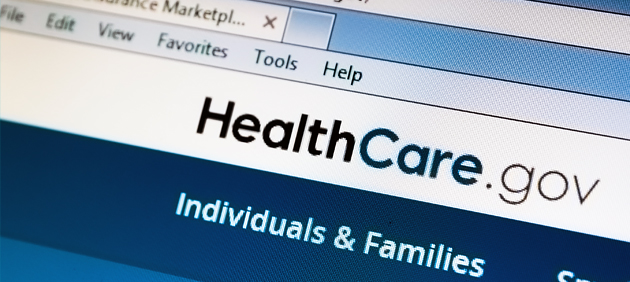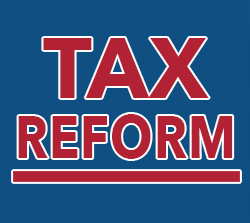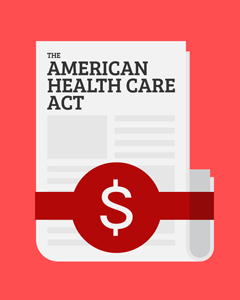
Group health insurance expert explains why so many Americans are going without health insurance
The Affordable Care Act was supposed to bring healthcare to millions of Americans who could not afford it, but critics say that the healthcare law was a failure. In fact, many Americans are still choosing not to purchase healthcare, including those who are considered middle-class.
“Surprisingly as it might sound, it isn’t people with low-wage jobs who can’t afford to buy healthcare in our current market,” says Rob Wilson, President of Employco USA and group health insurance expert. “Due to President Obama’s changes to healthcare law, healthy people and middle-class people suddenly found themselves looking at a steep uptick in prices, and not every family can stand to foot that bill.”
While it is true that the Affordable Care Act helped to lower health insurance costs for people in the lower-income brackets, the result is that other people, such as those in middle-class income brackets, have had to pick up the slack.
“We are looking at big premium increases right now,” says Wilson. “And all it takes is a difference of $10 an hour to find yourself no longer eligible for the federal subsidy to cover healthcare costs.”
Wilson says that the reality is that buying your own individual health plans as a middle class individual or family is becoming too exorbitant, and this won’t change until ACA has been rolled back even further.
“Right now, the health insurance companies have all the power, and we need to put that power back in the hands of the consumer,” says Wilson.
For more on this topic, please contact Rob Wilson at rwilson@thewilsoncompanies.com.
 It’s a month since President Trump’s tax reform went into effect. So how have these changes impacted the average American worker?
It’s a month since President Trump’s tax reform went into effect. So how have these changes impacted the average American worker? President Trump’s tax cuts were heavily criticized by Democrats who feared they were merely cuts for the wealthy, but recent decisions by mega-employer Walmart could prove otherwise.
President Trump’s tax cuts were heavily criticized by Democrats who feared they were merely cuts for the wealthy, but recent decisions by mega-employer Walmart could prove otherwise.

 Many people are concerned that their employers are going to opt against paying for birth control now that President Trump has taken steps to reverse the federal mandate requiring companies to do so.
Many people are concerned that their employers are going to opt against paying for birth control now that President Trump has taken steps to reverse the federal mandate requiring companies to do so. Rob Wilson, President of Employco USA and group insurance expert, says, “Employees say that an employer’s health insurance plan is more important to them than their actual salary, but as these numbers show, offering group insurance can be a losing game for employers. For the last five years, employer costs to insure each employee have risen, but now we are looking at a significant bump: 5 percent or more.”
Rob Wilson, President of Employco USA and group insurance expert, says, “Employees say that an employer’s health insurance plan is more important to them than their actual salary, but as these numbers show, offering group insurance can be a losing game for employers. For the last five years, employer costs to insure each employee have risen, but now we are looking at a significant bump: 5 percent or more.” President Trump’s American Healthcare Act is under ever-increasing scrutiny from politicians and pundits alike. However, misunderstandings and oversights have been rife when it comes to the way many Americans talk about the Republican healthcare bill, says Rob Wilson, group health insurance expert and President of Employco USA.
President Trump’s American Healthcare Act is under ever-increasing scrutiny from politicians and pundits alike. However, misunderstandings and oversights have been rife when it comes to the way many Americans talk about the Republican healthcare bill, says Rob Wilson, group health insurance expert and President of Employco USA. Many Americans are upset that older people are going to face a ‘age penalty’ under President Trump’s healthcare plan, but not everyone sees the situation as problematic. In fact, some experts think that it won’t be the unfair cost that Americans fear it will be.
Many Americans are upset that older people are going to face a ‘age penalty’ under President Trump’s healthcare plan, but not everyone sees the situation as problematic. In fact, some experts think that it won’t be the unfair cost that Americans fear it will be.